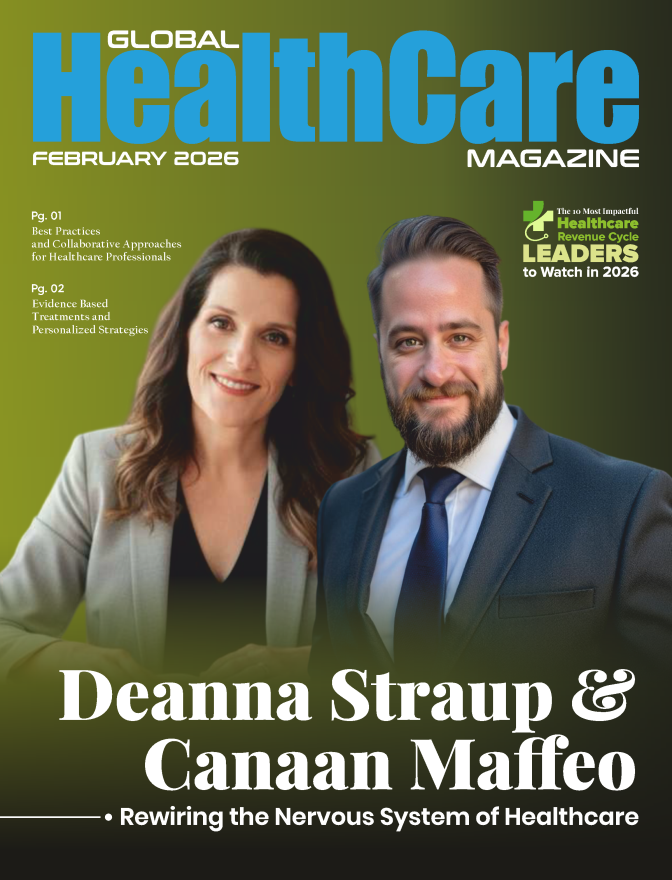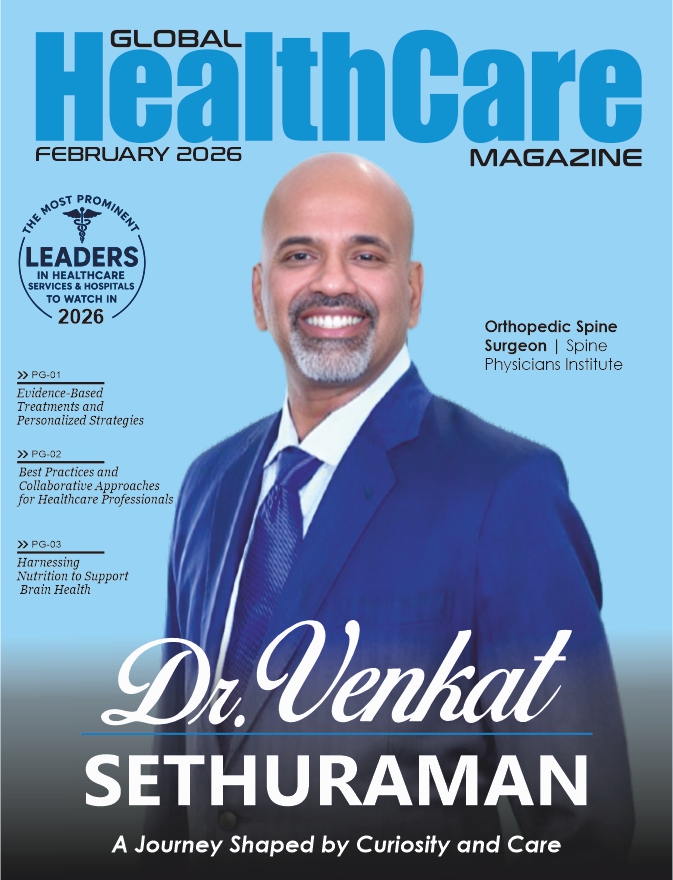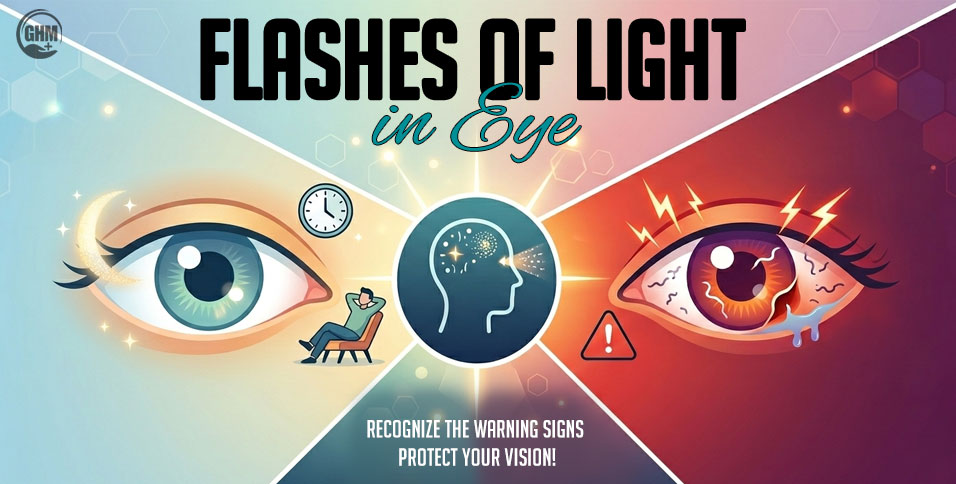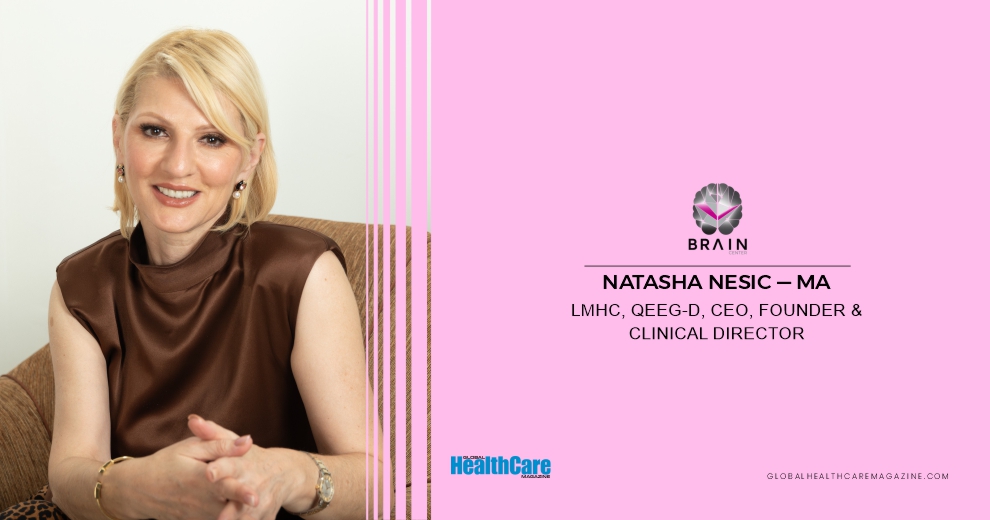Our bodies rely on a delicate balance of vitamins and minerals to function optimally. When this balance is disrupted, it can manifest in subtle or obvious signs, indicating that you might be deficient in essential nutrients.
Recognizing these warning signals early can help you make dietary adjustments or consult a healthcare professional before more serious health issues develop.
Here are ten clear signs your body may be lacking vital vitamins and minerals.
1. Persistent Fatigue and Low Energy
Feeling tired even after a full night’s sleep is one of the most common indicators of nutrient deficiency. Vitamins such as B12, iron, and magnesium play a crucial role in energy production at the cellular level. A lack of these nutrients can hinder your body’s ability to generate energy efficiently. For instance, iron deficiency anemia often causes persistent fatigue, weakness, and shortness of breath.
2. Weak or Brittle Hair and Nails
Your hair and nails are mirrors of your internal health. Weak, brittle nails or excessive hair shedding may signal deficiencies in biotin, zinc, or protein. These nutrients are essential for keratin production, the structural protein that strengthens hair and nails. If you notice your nails splitting frequently or hair thinning unexpectedly, it may be time to evaluate your nutrient intake.
3. Frequent Illness or Infections
A weakened immune system can result from inadequate intake of vitamin C, vitamin D, zinc, or selenium. These nutrients are vital for immune cell function and the body’s defense against pathogens. If you find yourself catching colds more often or recovering slowly from infections, it could indicate a deficiency in one or more of these critical nutrients. Many food supplement manufacturing companies create targeted formulas to support immunity, but whole-food sources remain ideal whenever possible.
4. Poor Wound Healing
If cuts, scrapes, or bruises are taking longer than usual to heal, your body may lack vitamin C, vitamin K, or zinc. Vitamin C is necessary for collagen synthesis, which helps repair tissues, while zinc contributes to cell growth and immune defense. Delayed healing is a subtle yet telling sign that your body needs additional support from these nutrients.
5. Muscle Cramps and Weakness
Muscle cramps, spasms, or general weakness can point to low levels of magnesium, potassium, or calcium. These minerals play critical roles in nerve conduction, muscle contraction, and overall neuromuscular function. Athletes or those who exercise intensely are particularly susceptible to deficiencies, as physical activity increases nutrient demands.
6. Cognitive Issues and Mood Changes
A deficiency in B vitamins, vitamin D, or omega-3 fatty acids can negatively affect brain function. Symptoms may include poor concentration, memory lapses, irritability, or even anxiety and depression. B vitamins, particularly B12 and folate, are essential for neurotransmitter production, while vitamin D receptors are present in brain tissue, influencing mood regulation.
7. Skin Problems
Dull, dry, or flaky skin can be more than a cosmetic concern—it may reflect inadequate intake of vitamins A, C, E, or essential fatty acids. Vitamin A supports skin cell turnover, vitamin C aids collagen formation, and vitamin E protects against oxidative damage. Lack of these nutrients can lead to skin that appears aged or inflamed, and it may also exacerbate conditions like eczema or psoriasis.
8. Bone Pain or Weakness
Osteoporosis and frequent bone pain often result from deficiencies in calcium, vitamin D, or magnesium. Calcium is critical for bone strength, while vitamin D ensures calcium is properly absorbed. Magnesium contributes to bone structure and the regulation of calcium levels in the body. If you experience unexplained joint or bone pain, it’s worth reviewing your intake of these nutrients.
9. Digestive Issues
Bloating, constipation, or diarrhea can sometimes indicate a lack of specific vitamins and minerals, such as magnesium, vitamin B12, or zinc. Magnesium helps regulate bowel movements, while B12 is essential for red blood cell formation and nerve function. Digestive issues can also compromise nutrient absorption, creating a vicious cycle of deficiency.
10. Vision Problems
Night blindness, dry eyes, or general vision disturbances may point to insufficient vitamin A, zinc, or omega-3 fatty acids. Vitamin A supports the production of rhodopsin, a pigment necessary for low-light vision, while zinc contributes to retinal function. Long-term deficiencies in these nutrients can increase the risk of eye disorders, making early detection critical.
Taking Action: Prevention and Support
Recognizing these signs is the first step toward improving your health. Start by assessing your diet and identifying areas where nutrient intake may be lacking. Incorporating a variety of fruits, vegetables, whole grains, lean proteins, and healthy fats can often provide the necessary vitamins and minerals naturally.
In some cases, dietary changes alone may not be sufficient, particularly for individuals with restrictive diets, absorption issues, or increased nutrient requirements. Here, supplements can play a supportive role. It’s important to choose high-quality products from reputable sources, such as established food supplement manufacturing companies, to ensure safety and efficacy.
Regular check-ups with a healthcare provider can help you identify deficiencies early through blood tests and personalized assessments. Tailoring your nutrient intake to your specific needs helps maintain energy levels, cognitive function, immune health, and overall well-being.
Final Thoughts
Your body often signals nutrient deficiencies in subtle ways before serious health problems arise. Persistent fatigue, hair and nail changes, frequent illness, digestive issues, and cognitive disturbances are all clues that your vitamin and mineral intake may be insufficient. Paying attention to these signs and making informed dietary and lifestyle choices can prevent long-term complications.
Optimal health relies on a combination of nutrient-rich foods, lifestyle habits, and, when necessary, targeted supplementation. By recognizing these ten clear signs of deficiencies, you can take proactive steps to support your body’s needs and maintain long-term wellness.













